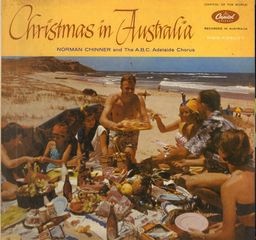Owners have commonly bestowed a name on their property, whether it be a residence in town, a homestead, a boat. Since at least the late 19th century in Australia, a popular source for these names has been some of the vocabulary of Australian languages and other languages of the region. The demand has been met in the last century by various popular booklets of ‘Aboriginal names’ (referenced in previous posts on Orana and on Akuna). Before those booklets began to be published, newspapers and magazines published suggestions, sometimes drawn from the Collectors of Words notably the books of Brough Smyth (1878) and Curr (1886/7).
Particularly in the southeast of Australia, an influential source was the contribution of Alexander Cameron Macdonald (1828–1917), ‘accountant, surveyor and geographer’:
 Follow
Follow